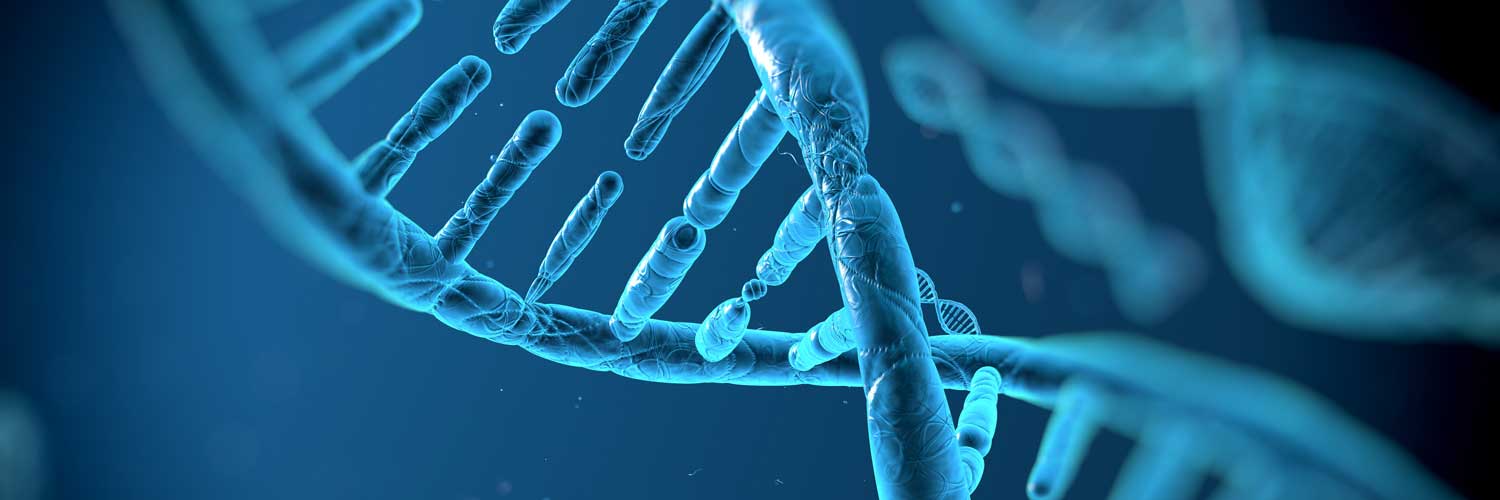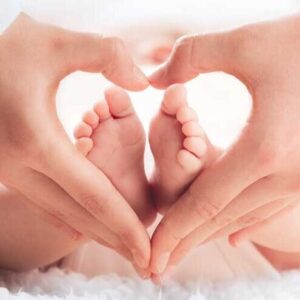IVF cycle success varies considerably due to individual infertility circumstances, from one to several IVF cycles
“How many IVF cycles will it take for me to have a baby?” is a natural question that virtually all in vitro fertilization (IVF) patients have. The definitive answer to how many IVF cycles one may need for a live birth is one to three or more IVF cycles, with the possibility that birth may never occur from an IVF cycle.
The actual answer for a woman or couple is an unknown because each couple or patient has individual variables that affect the success rate of IVF. But we can often arrive at a reasonable estimation after complete fertility evaluation and testing, which is an integral aspect of achieving success.
Each attempt at IVF is referred to as a cycle. This is the most complicated, and costly, treatment for infertility and involves several steps, each of which can cause failure. These include:
- Ovulation stimulation.
- Egg retrieval.
- Combining sperm and eggs in the IVF lab for fertilization.
- Embryo development.
- Embryo transfer to the uterus for pregnancy.
An IVF cycle can entail all steps from ovulation stimulation and egg retrieval to embryo implantation. Or if eggs previously retrieved and frozen are used in another cycle, that can reduce the number of steps in the cycle. Eggs and embryos can be frozen for use in future cycles.

At Ember, everyone is a VIP – very important patient
General range of how many IVF cycles are necessary
It is not uncommon for younger age women with good egg quality and quantity (ovarian reserve) to produce a viable embryo(s) after one egg retrieval and have a successful pregnancy in one IVF cycle.
With increased age and poorer ovarian reserve, it may well take two cycles, if not more. While there is no limit to the number of IVF cycles, we generally discourage more than five or six cycles.
Live Birth Guarantee Package

Live Birth Guarantee Package
Because of the complicated nature of the procedure and our pledge to always be forthright with our patients, Ember never makes any guarantee of success, except for patients who take advantage of our Live Birth Guarantee Package.
Interested in our Live Birth Guarantee Package? Call us at 949-Mom-Baby (949-666-2229) for more information.
We do have a detailed discussion with each potential IVF patient to ensure they are in full understanding of the process and my (Dr. Freije’s) evaluation for potential success. We revisit this discussion after a cycle failure to determine whether to move forward with another cycle or make adjustments to the plan. We may discuss using donated eggs, embryos or sperm with patients after a failed IVF cycle.
Success in an IVF cycle is childbirth. Pregnancy may result, but miscarriage is a common cause for IVF failure.
The CDC’s and SART’s general IVF success rates data
The Centers for Disease Control and Prevention (CDC) offers an IVF Success Estimator that calculates for individuals their chance of a live birth using IVF. The results are based on the patient’s answers to a questionnaire that allows the tool to compare that person with results for others in very similar fertility situations.
Following is an example from using the IVF Success Estimator, using these criteria: female age 32, 5’5”, 130 lbs., who has not tried IVF before, not had a previous pregnancy, and is using her own eggs.
- 86% chance of live birth with three egg retrievals and all embryo transfers.
- 74% chance for the same person using two egg retrievals and all transfers.
- 55% chance for the same person using one egg retrieval and all transfers.
This is a good estimator. The Society for Assisted Reproductive Technology (SART) has an IVF success calculator and an additional calculator for those entering a second cycle after a first cycle has failed. Entering into SART’s first cycle calculator the same information as above and indicating no known fertility problems returns this estimation:
- 60.33% chance of live birth with one complete IVC cycle.
- 78.91% with a second complete cycle
- 86.98% with a third complete cycle.
A complete IVF cycle is defined by SART as including all fresh and frozen embryo transfers resulting from one egg retrieval.
Following are factors in why more than one IVF treatment cycle may be necessary.
Factors affecting the number of IVF cycles
Primary factors for how many IVF cycles might be needed are the cause of infertility, maternal age, egg and embryo quality, and overall health of the female.
Ovulation stimulation response
Each woman responds differently to medications for ovarian stimulation that are given to promote healthy follicle development, which increases the chance for retrieving eggs of good quality. Sometimes we need to make adjustments to the dose or the ways the medications are given from one cycle to the next.
Egg quality and quantity
This is often most affected by a woman’s age, as both egg quality and quantity decrease with age. This can affect fertilization and implantation in the woman. Age also increases the risk of chromosome abnormality occurring, which decreases chances for pregnancy and live birth.
Embryo quality
Embryos that develop after egg fertilization in the lab are susceptible to imperfections that can cause failure to implant in the womb or failure of a pregnancy after implantation. Embryos can fail to develop properly, and chromosomal abnormalities can also cause implantation or pregnancy failures. That can mean the need for another IVF cycle. Our embryo preimplantation genetic testing can identify the best IVF embryos for transfer.
Embryo implantation failure
Embryo implantation in the uterus is the next step in a pregnancy and also a common cause for a treatment cycle to fail. Embryo implantation failure can occur due to poor embryo development, issues with the lining of the uterus where the embryo attaches, the individual’s immunological factors, and genetic issues related to egg or sperm quality, as well as other genetic factors.
Recurrent pregnancy loss
Some couples and individuals are able to become pregnant in an IVF cycle but are prone to early miscarriage and recurrent miscarriage, also called recurrent pregnancy loss. This is two or more clinical pregnancy failures in a row. When recurrent pregnancy loss occurs during IVF cycles, it may require more investigation.

No detail is too small
- Our high-tech approach to fertility care sets us apart from other clinics.
- We use cutting-edge diagnostic tools to evaluate underlying conditions that can affect IVF cycles and inform personalized treatment plans.
- Preimplantation genetic testing of embryos utilizes next-generation sequencing.
- We combine a personalized approach to patient care with advanced technology for superior patient experiences and outcomes.
Preparing patients for IVF treatments
Our approach to IVF is to provide each patient with an understanding of the process and potential number of cycles. The first step in arriving at this information is our thorough evaluation of the couple’s/patient’s cause of infertility along with an overall health assessment.

Accumulative Cycle Package
Designed for patients who may need multiple IVF cycles, Ember’s Accumulative Cycle Package helps reduce the financial burden that fertility patients often face.
The accumulative cycle package allows patients to package or combine retrievals and transfers. For example, patient A may combine two retrievals and one transfer; and Patient B may want to package three retrievals and one transfer. The Accumulative Cycle Package is refundable if a patient decides not to continue with a second or third cycle.
Interested in our Accumulative Cycle Package? Call us at 949-Mom-Baby (949-666-2229) for more information.
When we consider that a patient has a good chance of IVF success, we say so. When our evaluation indicates success may take more than one cycle, we advise the patient of this up front in order for them to prepare themselves mentally, physically and financially.
Myself and Ember’s staff are committed to treating IVF patients in a manner of honest collaboration and support. Establishing a realistic treatment plan is very important to help patients stay on track and not give up. IVF success can take multiple efforts.
This can vary from person to person and is often a factor of multiple issues. Each step in the process can cause discomfort, from side effects of hormonal medications used in ovulation stimulation to the physical effects of the retrieval and implantation process. These stresses can accumulate with the need for additional cycles.
Emotional support through IVF cycles
The emotional and psychological impact of multiple IVF cycles can cause feelings of disappointment, stress and anxiety. The financial aspect of more than one cycle can be a burden that adds to emotional stress.
These are things we discuss with patients undergoing multiple IVF cycles to prepare them ahead of time. We also encourage them to take steps to support their emotional and physical health at this time.
The basics of maintaining a healthy diet with exercise is very important in undergoing multiple cycles. Practicing stress-management techniques and seeking support from a therapist, support groups, or friends and family can be important means of support for an IVF patient.




